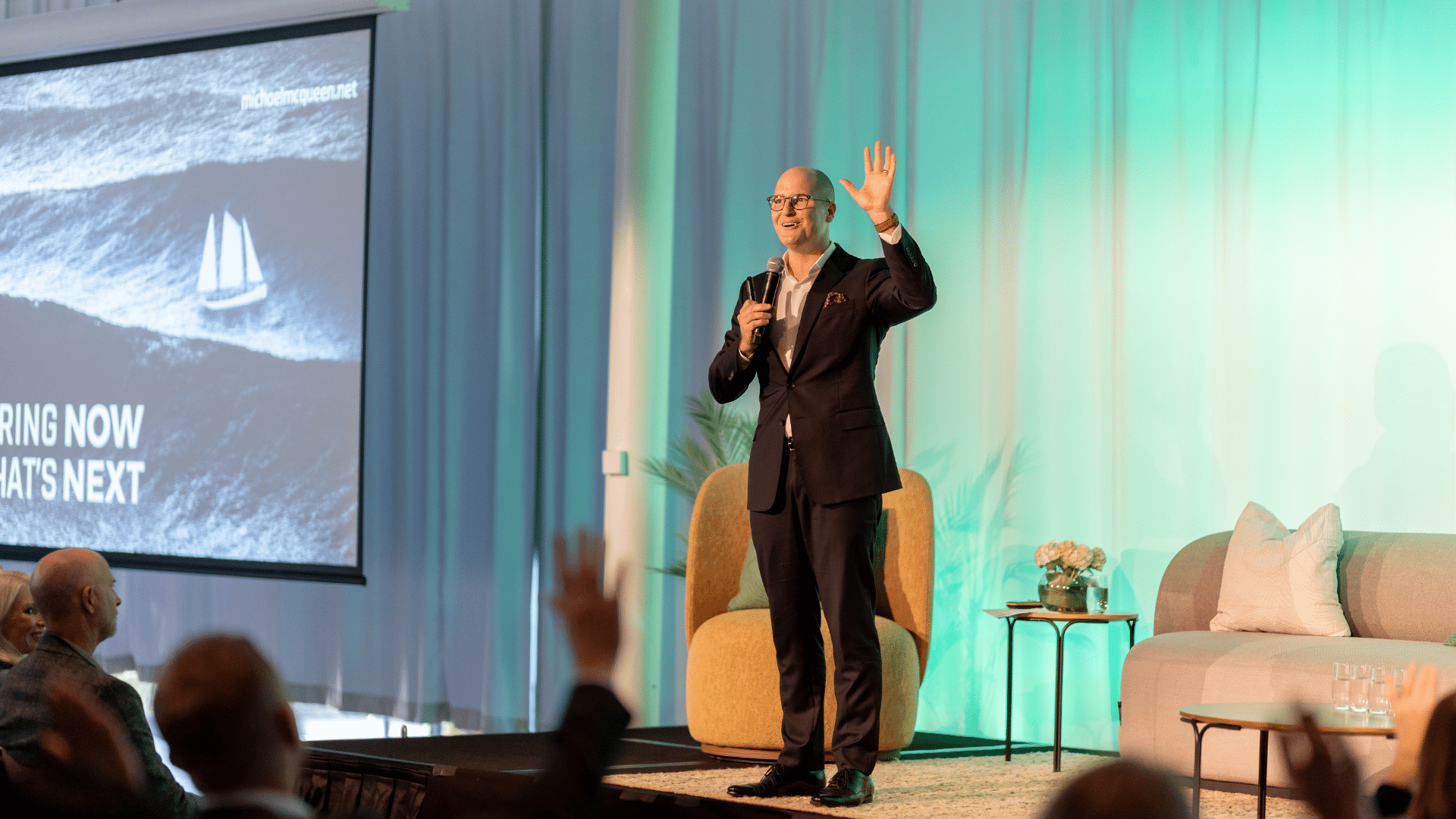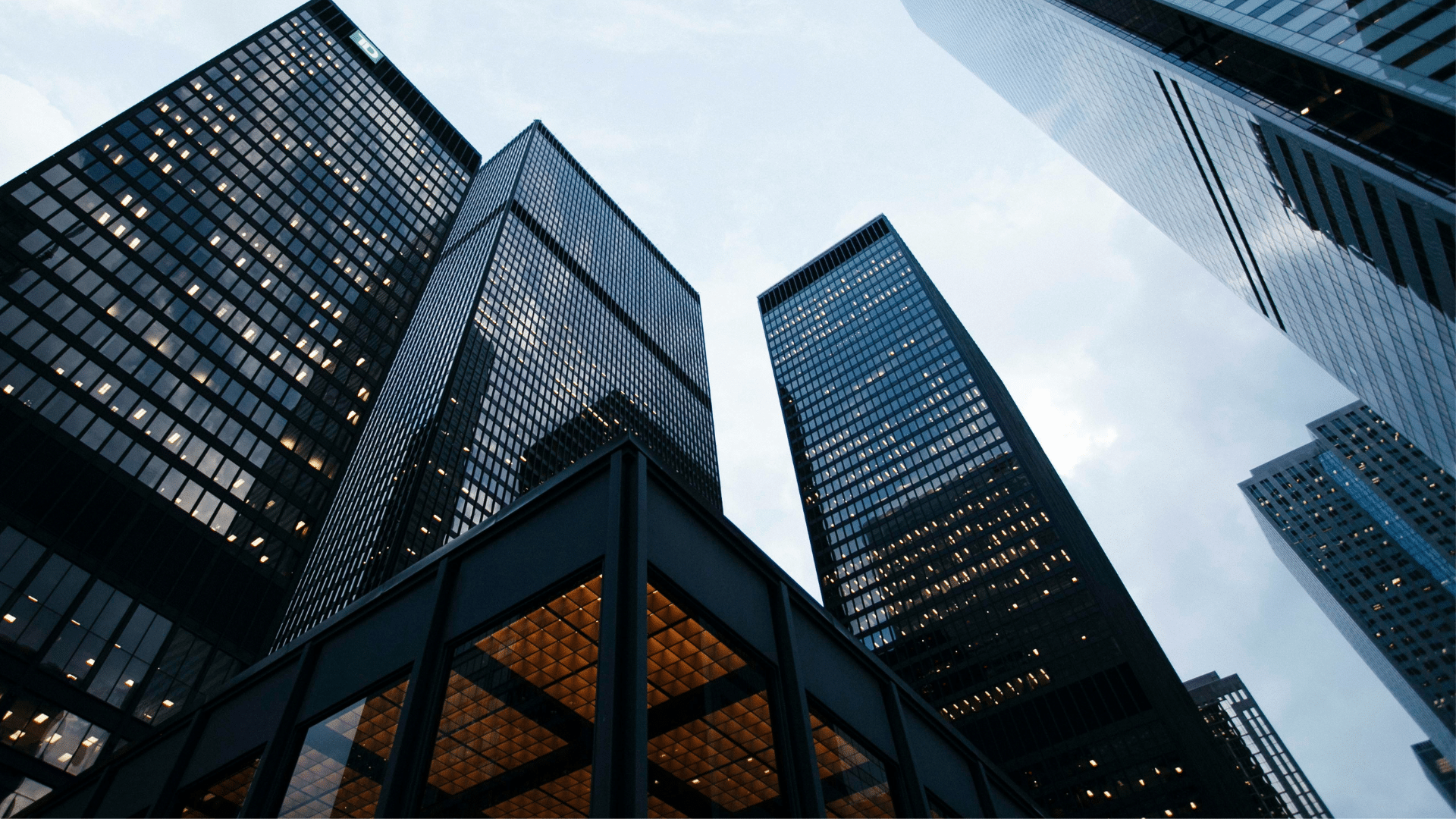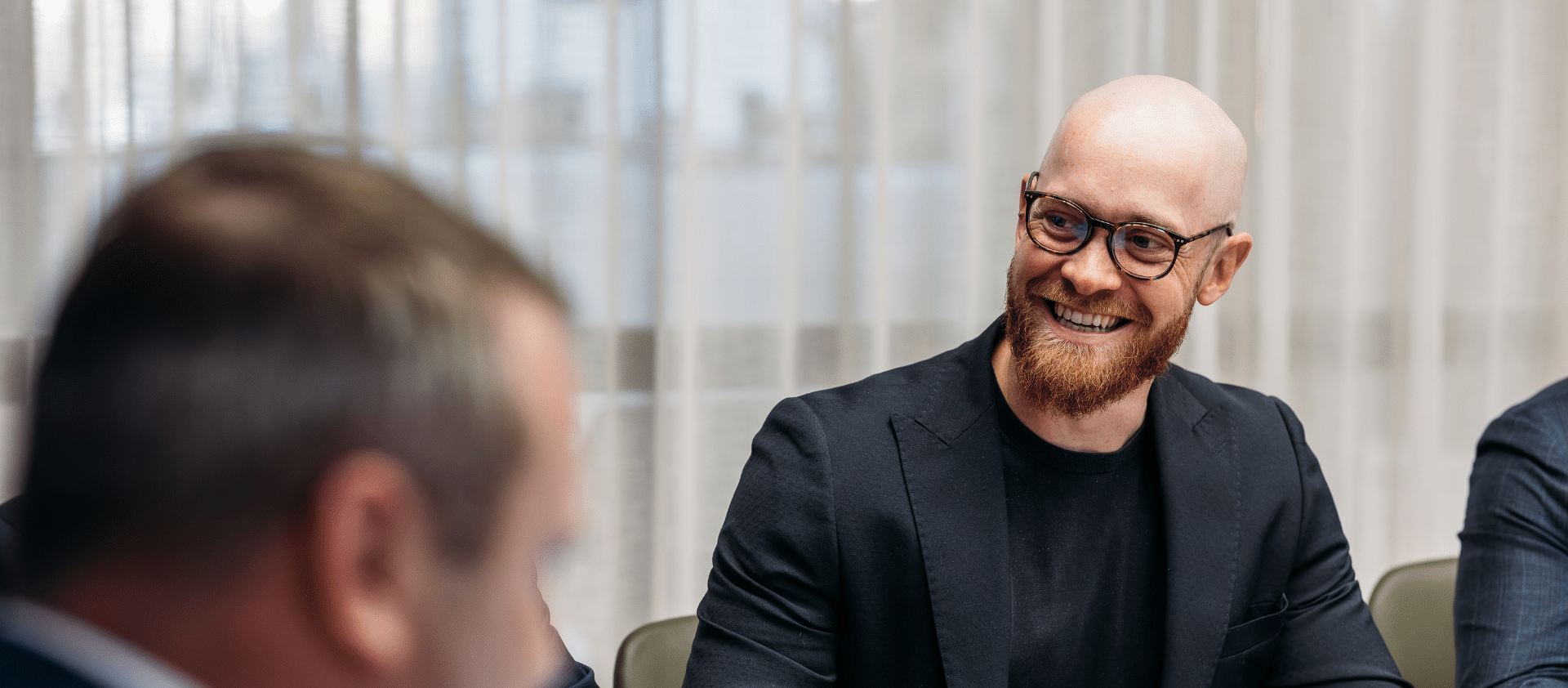
“It’s not just about spotting waves of change, but understanding the tides underneath — the slower, deeper shifts that reshape everything.”– Michael McQueen.
Spaceful’s Workplace Summit 2025 brought together industry professionals, workplace strategists, and changemakers to explore how the workplace is evolving and what lies ahead. The keynote, delivered by acclaimed futurist and bestselling author Michael McQueen, encouraged attendees to move beyond surface-level trends and consider the deeper forces reshaping work. His address set the tone for a day focused on adaptability, curiosity, and the growing role of technology in reimagining the workplace.
Reframing how and where we work
In the years since hybrid work became the norm, the question has shifted from if flexible work should exist, to how it can be embedded in ways that are strategic, sustainable, and human. Flexible work is no longer a perk, it’s an expectation. The challenge now is creating physical environments that people want to be in and spaces that support not only collaboration and culture, but also deep focus and diverse work styles.
Recent insights from McKinsey highlight that focusing on return-to-office (RTO) policies alone is not enough; organisations must prioritise practices that make the office a compelling destination, creating true engagement and productivity. This research, based on a survey of several thousand US employees, revealed a significant surge in RTO from 2023 to 2024, with the proportion of mostly in-person workers doubling to 68 percent. Despite this shift, satisfaction levels among in-person and hybrid workers (nearly 8 out of 10) remain slightly lower than those of remote workers (roughly 9 out of 10).
The report also highlights that mandates themselves are far less important than the work environment organisations create and the practices that accompany the implementation of a policy, such as collaboration, connectivity, innovation, mentorship, and skill development. This sentiment was echoed by Michael McQueen at the Summit, as he invited organisations to reconsider the purpose of the office.
“Don’t force the commute. Earn it,” he said.
The evolving role of technology
AI, automation, and digital platforms continue to shape how and where work happens. While these technologies promise efficiency, they also require thoughtful implementation to ensure they augment, rather than replace, human capability.
The Spaceful Workforce Insights Report 2025 revealed that 54% of C-suite executives are somewhat or highly likely to expand AI use in their workplaces within the next two years. While Michael touched on several of these emerging technology trends, the emphasis was not on the tools themselves, but on the broader mindset shift required to stay relevant in an ever-evolving environment.
“Progress doesn’t come from knowing all the answers. It comes from staying curious, questioning assumptions, and being open to what’s next.”– Michael McQueen.
To stand out among employers and retain top talent, companies should consider implementing initiatives alongside AI and other technology advances, such as AI learning and development sessions, providing clear guidelines on best practices and approved apps, sharing role-specific use cases, and hosting open forums for discussion.
Designing for difference
The modern workplace must be as diverse as the people who use it. That means catering to a wide range of needs: introverts and extroverts, neurodivergent and neurotypical, those seeking quiet focus and those energised by collaboration.
Spaceful’s Workforce Insights Report found that 56% of respondents prefer open-plan layouts provided they include privacy features like desk dividers, quiet booths, and study nooks.
Flexibility within the workplace, not just in where we work, but in how we work, was a recurring theme throughout the day. Employees increasingly crave the freedom to choose how they work best, whether that means huddling in a quiet booth, taking a virtual call in a breakout space or gathering in communal areas for informal connection. Designing for this diversity is no longer a nice-to-have. It’s essential to attracting and retaining talent, supporting wellbeing, and unlocking performance.
A mindset for what’s next
One clear message that emerged from the 2025 Spaceful Workplace Summit was that the future of work is fluid. It won’t be defined by a single model or moment, but by organisations willing to experiment, evolve, and lead with empathy.
“The businesses that thrive tomorrow will be the ones asking better questions today,” said Michael.
This mindset of anticipation rather than reaction was reflected across panel discussions and audience conversations. It’s a shared understanding that curiosity, creativity, and courage are the foundations of a resilient workplace strategy.
As the world of work continues to shift, events like this reaffirm the power of connection in shaping workplaces that are not only future-ready, but deeply human.


